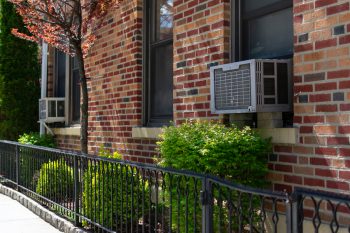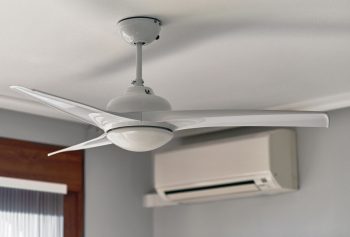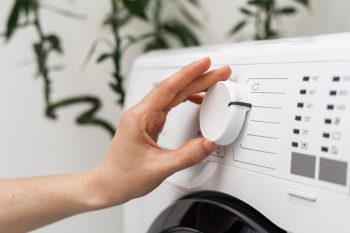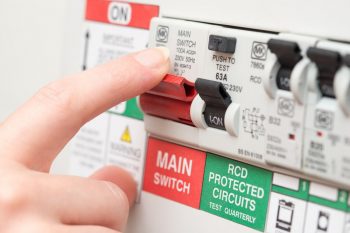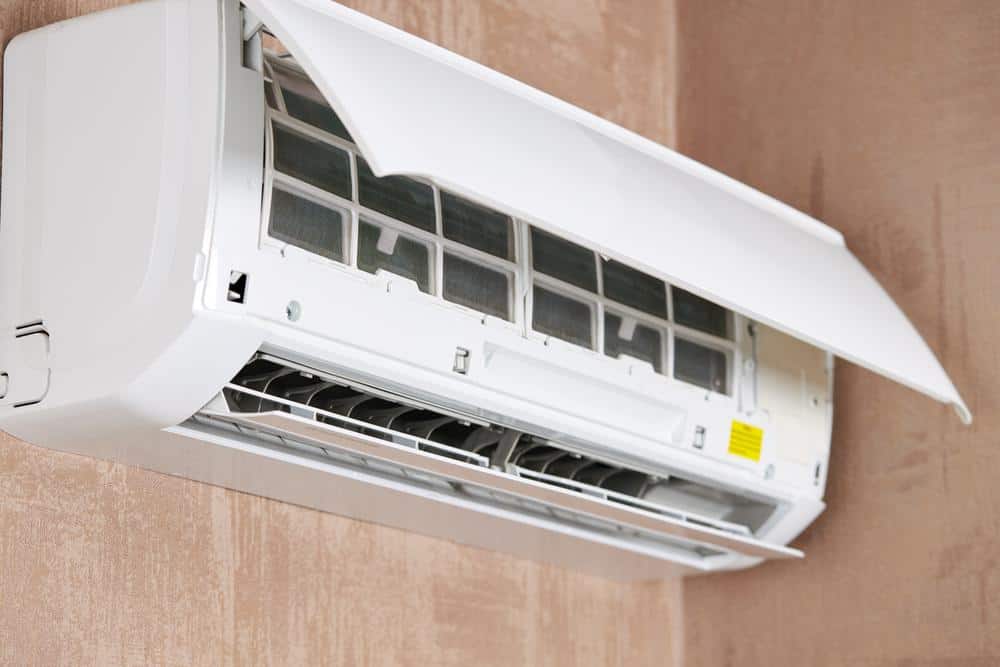
In the sweltering heat of summer, nothing is more refreshing than the cool breeze from your air conditioner. But what happens when that breeze is accompanied by an unpleasant odor? If you’ve asked yourself, “Why does my AC vent smell?” then this comprehensive guide is for you.
Your AC vent might smell due to several reasons such as mold and mildew growth, stagnant water, dead animals in the ductwork, sewage issues, clogged air filters, mechanical issues, or an overheated fan motor. Each smell is associated with a specific issue. For instance, a musty smell often indicates the presence of mold or mildew, while a burning smell may be a sign of overheating components. Regular maintenance and prompt attention to any unusual smells can help resolve these issues.
Identifying the Smell
Before we delve into the causes of a smelly AC vent, it’s important to identify the type of smell you’re dealing with. From musty or moldy to rotten eggs or burning, each smell is associated with a specific issue. For instance, a musty smell often indicates the presence of mold or mildew, while a burning smell may be a sign of overheating components.
Common Causes of AC Vent Smells
There are several reasons why your AC vent might smell, each associated with a different problem within your AC system. Here are the most common culprits:
Mold and Mildew
Excess water collected from the air may not drain properly, leading to mold and mildew growth in the AC unit or dirty filters. This is often the cause of a musty or moldy smell.
Stagnant Water
Water accumulation in the drain pan, drip lines, or ducts can cause fungus or mildew to grow, resulting in a stale and dingy smell.
Dead Animals
A rotten smell could be due to dead rodents or critters stuck in the AC or air ducts.
Sewage Issues
A smell of raw sewage coming from an AC vent may indicate a backed-up sewer line or ruptured sewer vent pipe near the ductwork.
Clogged Air Filters
Over time, impurities accumulate on air filters, reducing airflow and potentially causing a musty smell.
Mechanical Issues
Problems like a leaky heat exchanger or a bad blower motor that is overheating can cause odors in the ductwork.
Overheated Fan Motor
When the AC unit’s fan motor overheats, it can cause the insulation around the wires to break down and create a burning smell.
Health Risks Associated with Smelly AC Vents
It’s not just about the unpleasant odor. Smelly AC vents can lead to health issues, especially when the smells are caused by mold and mildew. Exposure to these fungi can aggravate respiratory conditions, trigger allergic reactions, cause headaches, lead to skin issues, and worsen pre-existing conditions such as asthma and allergies.
Eliminating the Smell from AC Vents
Once you’ve identified the cause of the smell, it’s time to address it. Here are some steps you can take to eliminate the smell:
- Clean or replace your air filters: Dirty air filters are often the cause of musty smells. Regularly clean or replace them to improve air quality.
- Clean the evaporator coils: Dust and debris on the evaporator coils can cause a musty smell. Use a no-rinse coil cleaner for this purpose.
- Check for mold and mildew: If you smell mold or mildew, inspect your ducts and around the AC unit. You may need to clean the affected areas or hire a professional for a thorough cleaning.
- Clear the condensate drain line: A clogged drain line can cause water to accumulate, leading to a musty smell. Clear any blockages to resolve the issue.
- Use baking soda: This common household item is great at absorbing odors. Place a dish or an open box of baking soda near the vent.
- Clean air ducts: If the smell persists, consider having your air ducts professionally cleaned.
- Consult a professional: If you’ve tried everything and the smell still persists, it’s time to call in the pros. A qualified HVAC technician can inspect your system, identify the source of the smell, and recommend the best course of action.
Preventing Smells with Regular Maintenance
Regular maintenance can prevent smells from developing in your AC system. This includes cleaning and replacing air filters, cleaning evaporator coils and drain pans, clearing air ducts of debris, and checking for excess moisture. Scheduling annual AC maintenance with a professional can also help identify and address potential issues before they become serious.
Professional Services for Smelly AC Vents
If DIY methods don’t eliminate the smell, professional services are available. These include air duct cleaning, odor elimination, HVAC maintenance and cleaning, sanitization and deodorization, and air duct sealing. Always choose a reputable company with experience in addressing AC vent odors.
In conclusion, a smelly AC vent can be more than just a nuisance; it can indicate underlying issues with your AC system and even pose health risks. Regular maintenance and prompt attention to any unusual smells can help keep your AC system running efficiently and your indoor air fresh and clean.
Frequently Asked Questions
How often should I replace my air filters?
The frequency of air filter replacement can depend on various factors like the type of filter your AC uses, the air quality in your area, and whether you have pets. However, a general rule of thumb is to replace them every 60-90 days. If you have pets or suffer from allergies, you may need to replace them more frequently, perhaps every 30-45 days.
Can I clean my air ducts myself?
While it’s possible to do some basic cleaning of your air ducts, it’s usually best to leave this job to professionals. They have the proper tools and knowledge to thoroughly clean your air ducts without damaging them. If you suspect mold or mildew in your ducts, definitely call a professional, as this can be hazardous if not handled correctly.
How can I prevent water from accumulating in my AC unit?
Regular maintenance is key to preventing water accumulation. This includes checking and clearing the condensate drain line, ensuring the unit is level so water drains properly, and checking for any signs of leaks.
What is the function of the evaporator coils in my AC unit?
Evaporator coils play a crucial role in cooling your home. They contain the refrigerant that absorbs heat from the air. Over time, dust and debris can accumulate on these coils, reducing their efficiency and potentially causing a musty smell.
How often should I schedule professional AC maintenance?
It’s recommended to schedule professional AC maintenance at least once a year. This typically includes a thorough cleaning of the unit, checking for any potential issues, and ensuring it’s running efficiently. Regular maintenance can help prevent problems before they become serious and costly.




